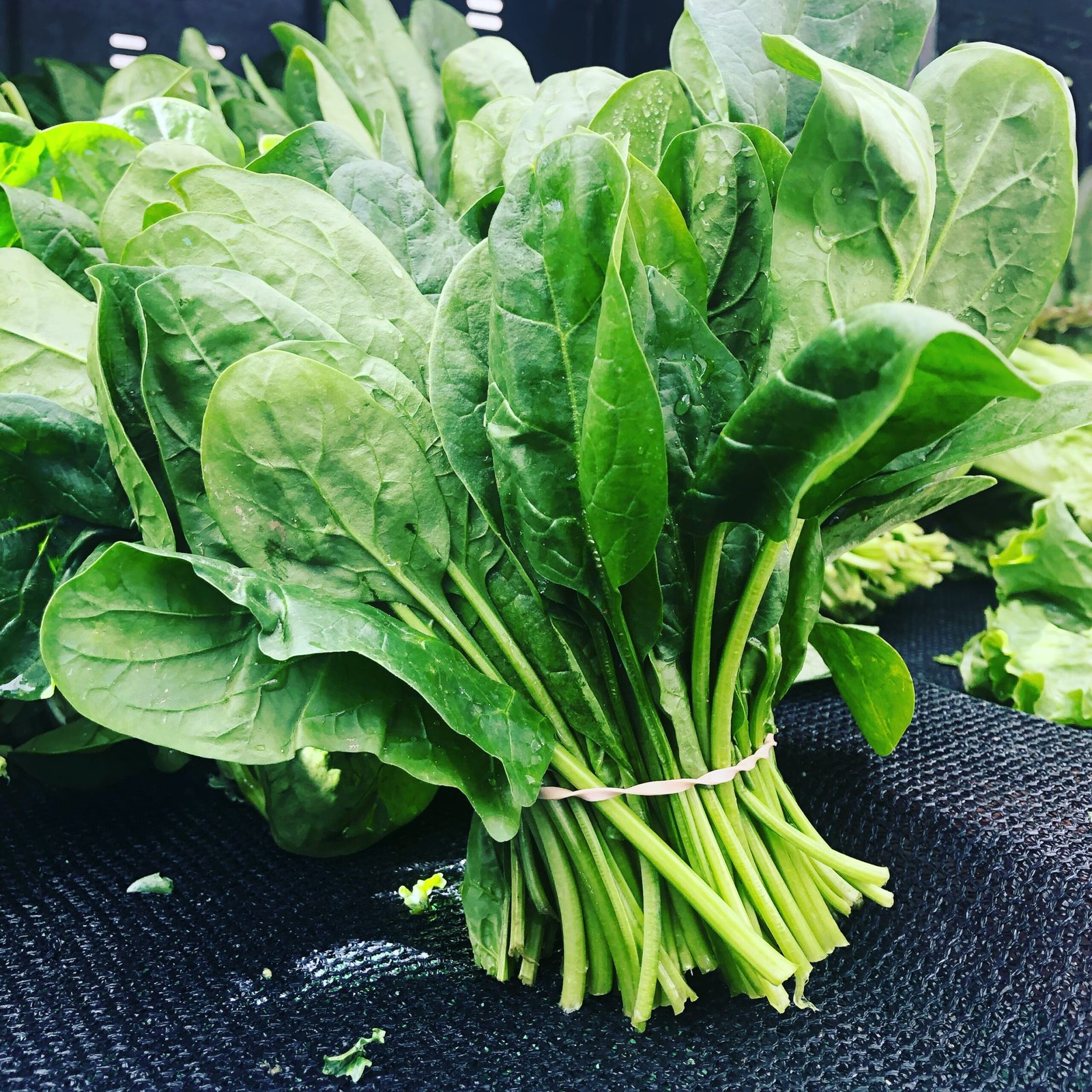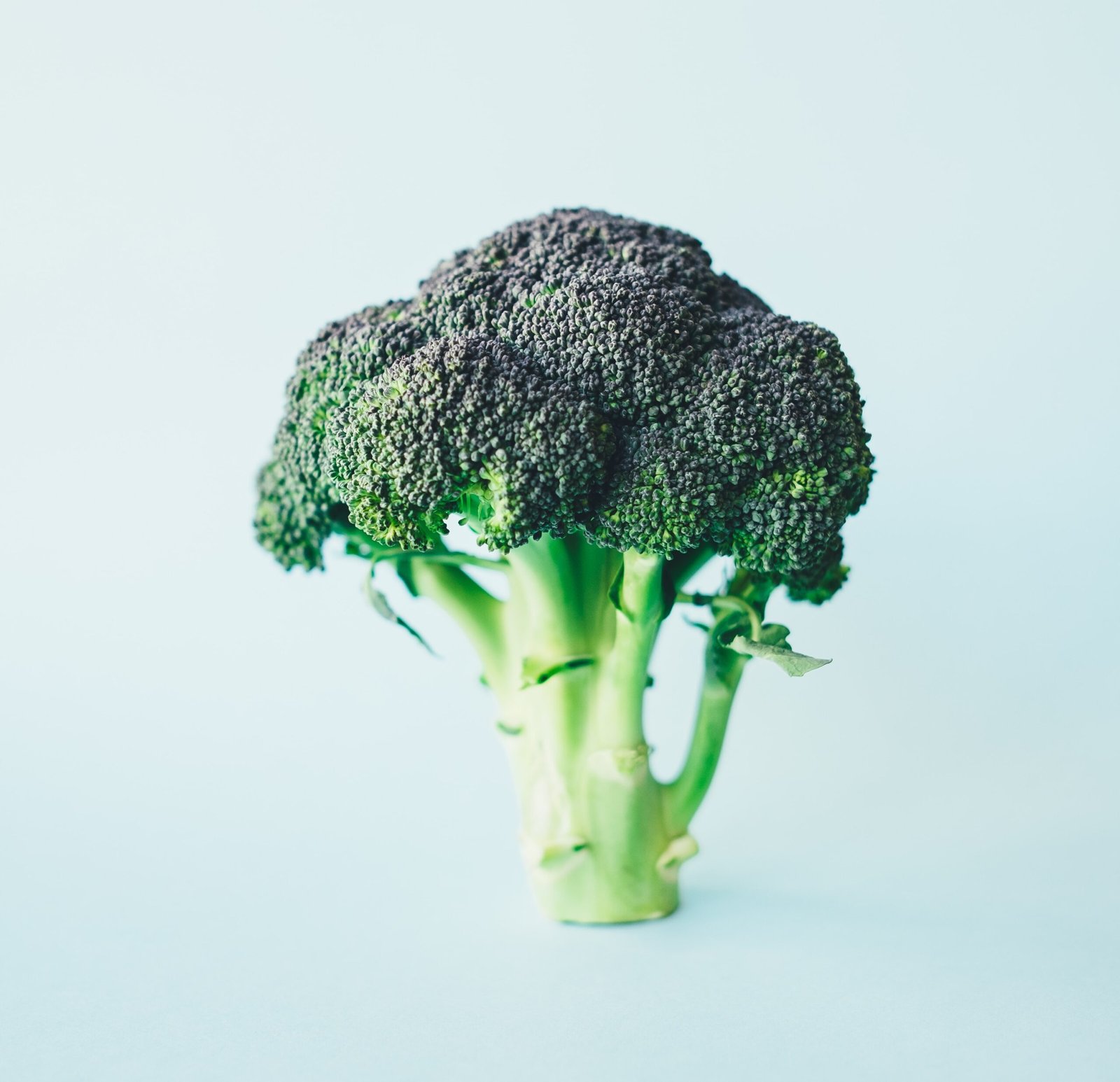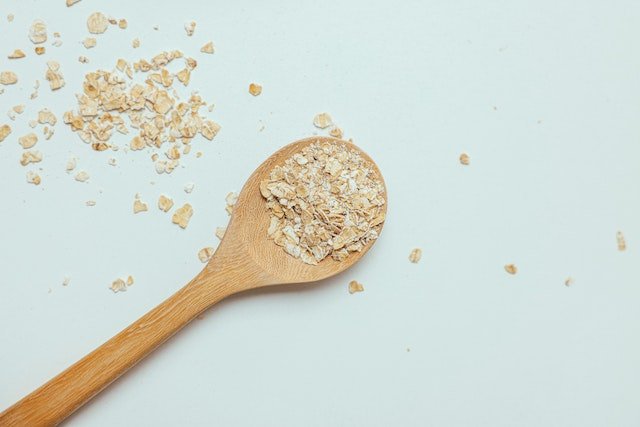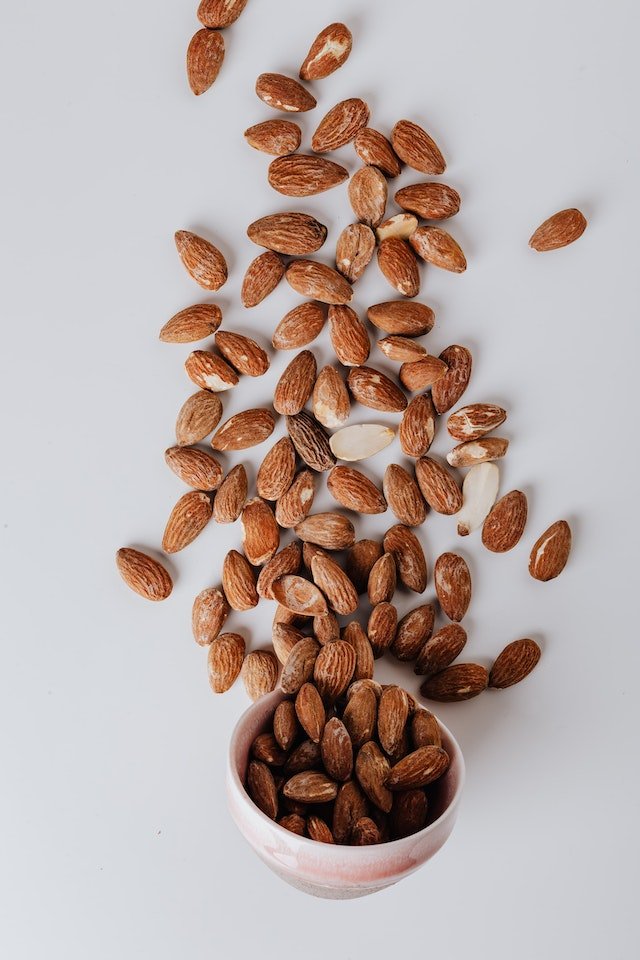The Nutritional Benefits and Delicious Ways to Enjoy Spinach
Spinach: A Nutritional Powerhouse
Spinach, a leafy green vegetable, is a member of the Amaranthaceae family, which shares its botanical group with beets and quinoa. It is known for its dark green, vibrant leaves and is a popular and nutritious addition to various culinary dishes. There are different varieties of spinach, including savoy spinach (with crinkled leaves), flat-leaf spinach (smooth leaves), and baby spinach (young, tender leaves).
Nutrition Facts
1 cup (approximately 30 grams) of raw spinach provides:
- Calories: 7 kcal
- Protein: 0.9 grams
- Carbohydrates: 1.1 grams
- Dietary Fiber: 0.7 grams
- Sugars: 0.1 grams
- Fat: 0.1 grams
- Vitamin A: 2810 International Units
- Vitamin C: 8.43 milligrams
- Vitamin K: 145 micrograms
- Folate: 58.2 micrograms
- Iron: 0.813 milligrams
- Calcium: 29.7 milligrams
- Potassium: 167 milligrams
- Magnesium: 23.7 milligrams
These values are approximate and can vary slightly based on factors like the specific variety of spinach and growing conditions.
Health Benefits of Spinach
1. Defends against Free Radicals
Spinach contains various antioxidants, including vitamin C, vitamin E, beta-carotene, and other phytonutrients like flavonoids and polyphenols. These compounds neutralize free radicals, preventing them from causing oxidative damage to cells and DNA. This antioxidant protection can reduce the risk of chronic diseases, including heart disease and cancer.
2. Good for the Heart
The high levels of potassium and nitrate in spinach contribute to heart health by helping to regulate blood pressure and reduce the risk of heart disease.
3. Fortify your Bones
Spinach is a good source of vitamin K, calcium, and manganese that are important for bone health. Adequate vitamin K intake can help maintain strong and healthy bones.
4. Helps in Digestion
The fiber in spinach aids in digestion and can help prevent constipation. It also supports a healthy gut microbiome.
5. Lower Cancer Risk
Some studies suggest that the compounds in spinach may have a protective effect against certain types of cancer due to their antioxidant and anti-inflammatory properties.
6. Prevents Anemia
Spinach is a rich source of iron, which can help reduce the risk of developing anemia. This mineral is particularly beneficial for menstruating women, children, and adults. Iron also plays a vital role in enhancing energy levels in the body and facilitating the transport of oxygen to all cells throughout the body.
Ways to Enjoy Spinach
Adding spinach into your diet as part of a balanced and varied meal plan can offer a wide range of health benefits and contribute to overall well-being. Here are some delicious ways to enjoy spinach:
- Raw in Salads: Use fresh spinach leaves as a salad base with veggies, fruits, and dressing.
- Sautéed/Stir-Fried: Quickly cook in olive oil with optional garlic, season to taste.
- In Soups/Stews: Add cleaned, chopped spinach for a vibrant and nutritious element.
- Blended in Smoothies: Combine with fruits and liquid for a nutritious green smoothie.
- In Pasta Dishes: Sauté with garlic, toss with pasta, and sauce of your choice.
- Stuffed in Casseroles/Omelettes: Create a nutritious filling with cheese and other ingredients.
- Pizza Topping: Fresh spinach leaves can top pizzas before or after baking.
- In Wraps/Sandwiches: Add for a crisp, earthy flavor and texture.






